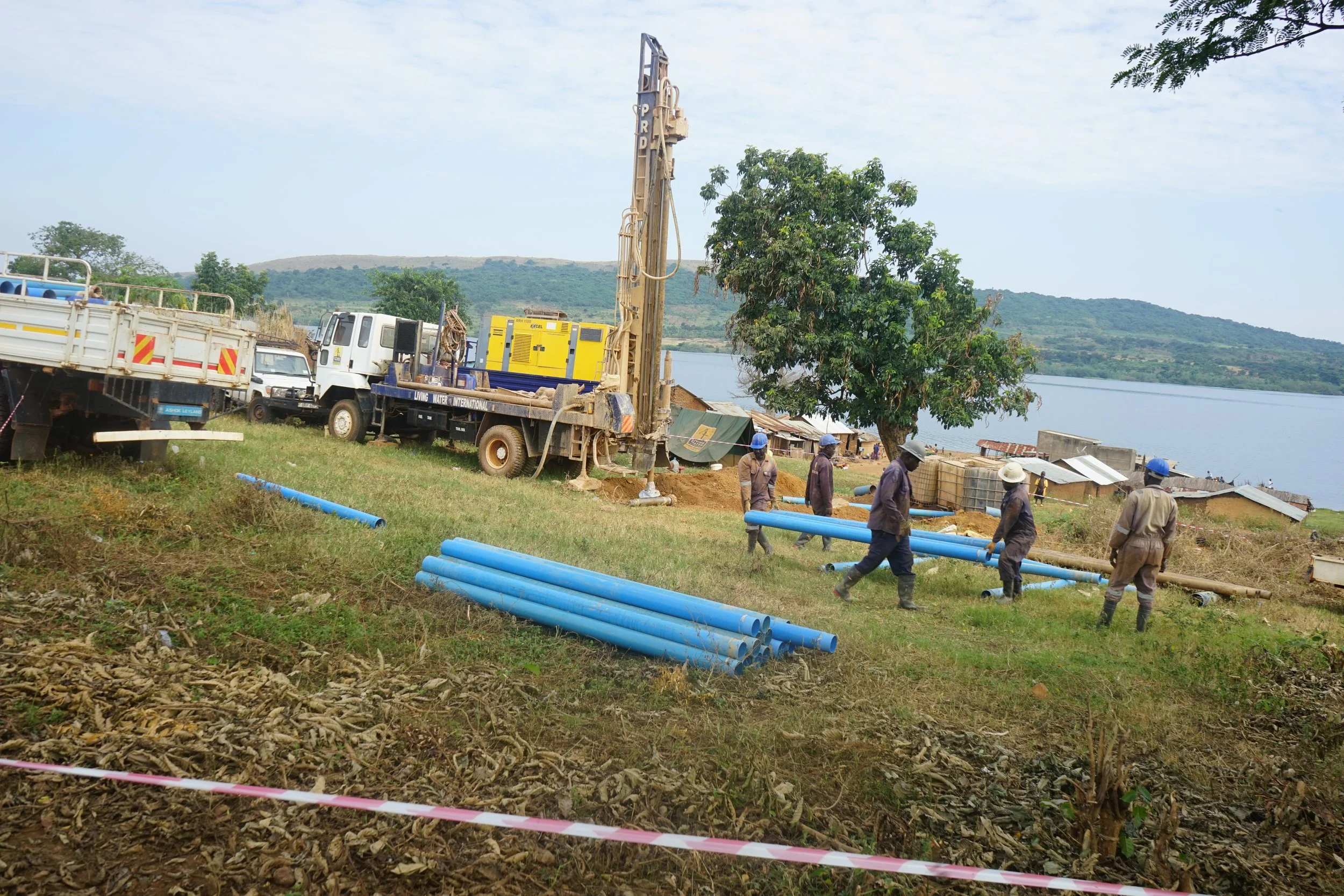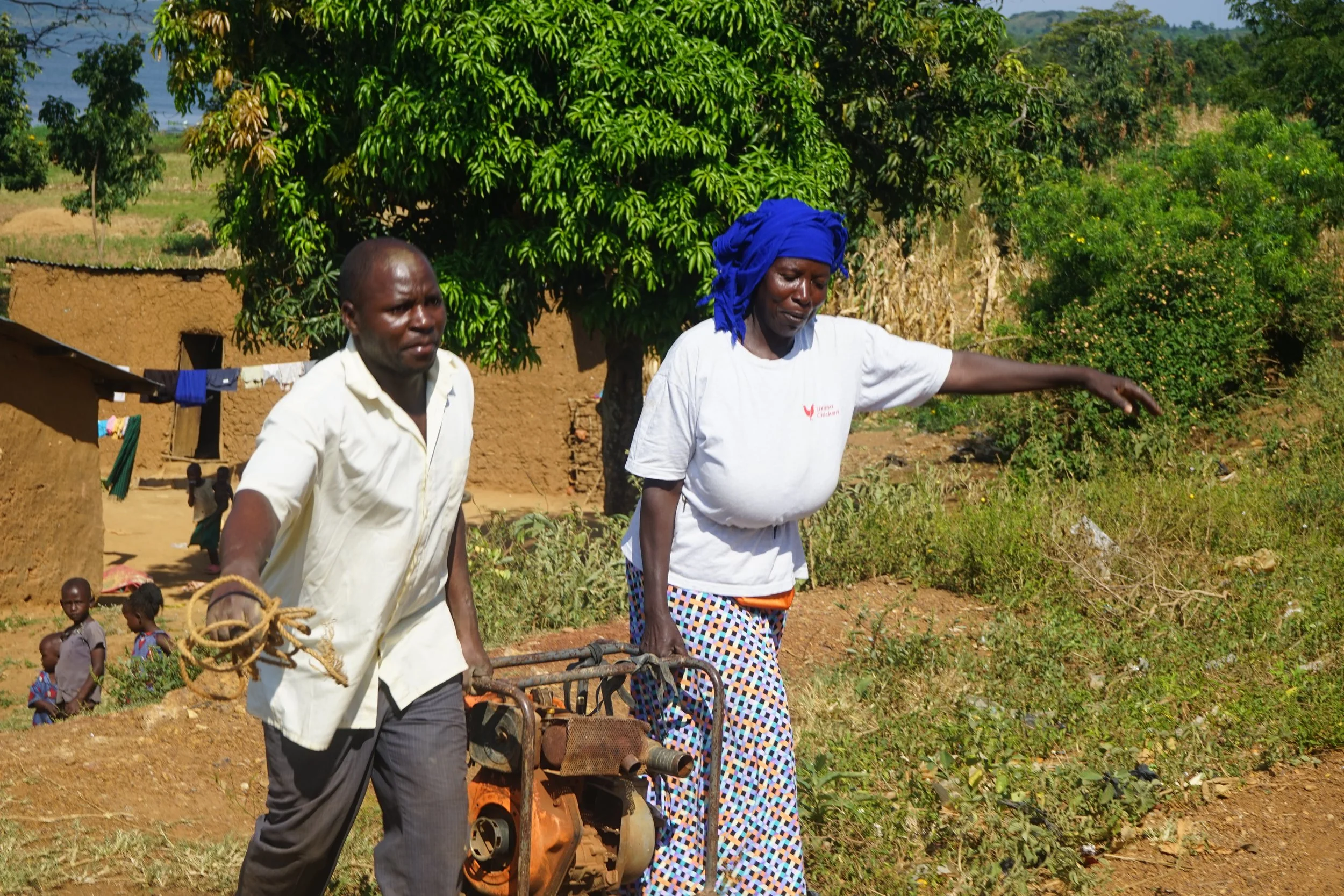Safe Water for Katuba Landing Site, Buikwe!
Katuba Landing Site in Buikwe District, Uganda, exemplifies the acute challenges faced by many fishing communities along Lake Victoria regarding access to clean water and adequate sanitation. Despite the district's overall safe water coverage of approximately 66%, landing sites like Katuba remain under served due to infrastructural limitations, financial and geographic constraints. The proximity to Lake Victoria, while seemingly advantageous, often results in reliance on contaminated lake water, leading to a high prevalence of waterborne diseases such as cholera and dysentery. Sanitation infrastructure is equally lacking; the area's soil composition hinders the construction of traditional pit latrines, contributing to a district-wide sanitation coverage of only 62.4%. Efforts by organizations have made strides in improving water access through borehole drilling and hygiene education. However, challenges persist, including the high costs of borehole construction and maintenance. Addressing these issues requires a multifaceted approach that combines infrastructural investment with community-led initiatives to ensure sustainable access to clean water and sanitation for residents of Katuba and similar communities.
With support from arche noVa, a borehole was constructed with the technical expertise of Living Water International Uganda, in Katuba landing site Buikwe serving over 300 beneficiaires with 1,500 litres of water per hour every day. KWDT and arche noVa have been partners in the realisation of various projects in the rural and fishing communities since 2014.
The eleven-year partnership is based on mutual respect and trust, solid management and proven technical expertise in project implementation. arche noVa has supported the construction of a water supply system at the KWDT Demonstration Center and rainwater collection tanks and latrines for 10,000 beneficiaries. In 2019, the interventions expanded WASH services to 11 fishing communities and in 2021 the interventions expanded WASH services to islands on Lake Victoria. Innovative elements included participatory disaster risk management and the installation of an ultrafiltration plant.
The development strategy of KWDT and arche noVa in Uganda has changed over the years towards a holistic approach. Cross-sectoral integration has been strengthened and access to water and sanitation has been complemented with strengthening local capacities for sustainable utilisation of WASH facilities while integrating income generation and advocacy activities.






